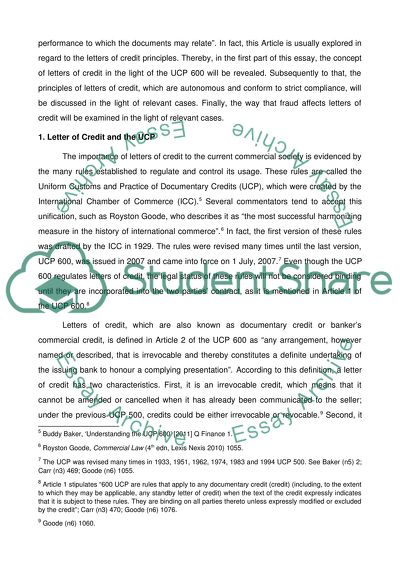Cite this document
(“Banks Deal with Documents and Not with Goods, Services or Performance Essay”, n.d.)
Banks Deal with Documents and Not with Goods, Services or Performance Essay. Retrieved from https://studentshare.org/law/1447797-banks-deal-with-documents-and-not-with-goods
Banks Deal with Documents and Not with Goods, Services or Performance Essay. Retrieved from https://studentshare.org/law/1447797-banks-deal-with-documents-and-not-with-goods
(Banks Deal With Documents and Not With Goods, Services or Performance Essay)
Banks Deal With Documents and Not With Goods, Services or Performance Essay. https://studentshare.org/law/1447797-banks-deal-with-documents-and-not-with-goods.
Banks Deal With Documents and Not With Goods, Services or Performance Essay. https://studentshare.org/law/1447797-banks-deal-with-documents-and-not-with-goods.
“Banks Deal With Documents and Not With Goods, Services or Performance Essay”, n.d. https://studentshare.org/law/1447797-banks-deal-with-documents-and-not-with-goods.


